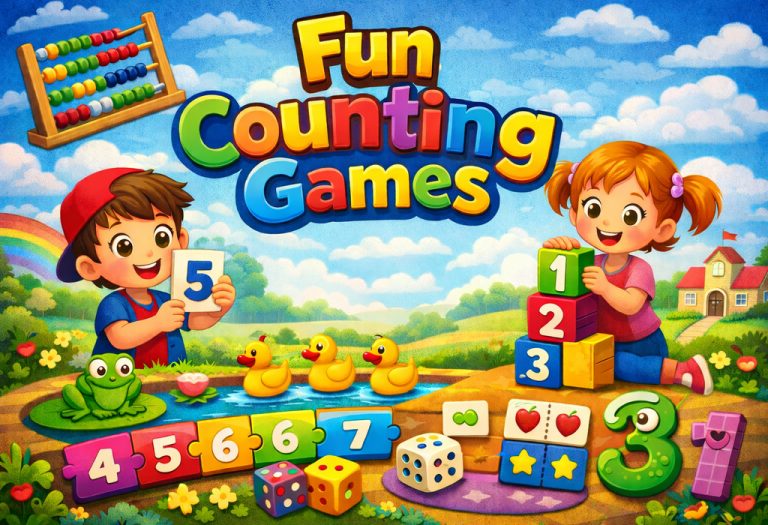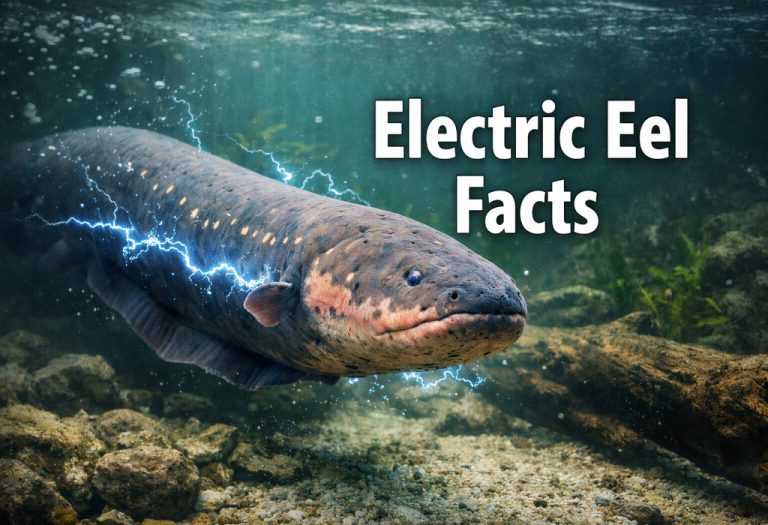Should You Give Gripe Water to Your Baby?
Babies can often cry for no evident reason, causing distress for parents. The culprit in these cases is usually colic, characterized by excessive crying for an extended period. Although there’s no clear definition, colic is commonly observed in infants aged three weeks to three months. Many believe that abdominal uneasiness from gas triggers colic, leading parents to seek remedies like gripe water. This age-old practice aims to alleviate discomfort and soothe infants. Understanding and addressing colic can provide relief for both babies and parents, fostering a more harmonious environment during this challenging phase of early parenthood. Read on to learn all about gripe water for babies.
What Is Gripe Water?
Gripe water is a liquid solution intended to soothe the discomfort caused by flatulence, colic, indigestion, hiccups, and teething pain. There are different varieties of this liquid available, and they contain a mixture of different herbs.
Gripe Water Ingredients
Fennel, ginger, chamomile, liquorice, cinnamon, and lemon balm are some of the ingredients that are found in gripe water. Originally water, alcohol, dill seed oil, sugar, and sodium bicarbonate were the ingredients used to make gripe water. Glycerine is also an ingredient used in some brands. The use of alcohol in gripe water has been discontinued, following objections from parents and doctors. Some brands are also known to use artificial sweeteners which can be harmful to a baby’s health. Mint oil is another ingredient that can be found in some Indian brands of gripe water. It is available in different flavours such as orange or strawberry.
Is Gripe Water Safe for Babies?
There is no concrete evidence that can prove that gripe water is unsafe for babies. Opinions differ on whether gripe water is effective as some have found it helpful for their babies while others have not. As far as safety goes, the brands of gripe water that contain alcohol, artificial sweeteners, or sodium bicarbonate are not recommended for babies.
Here is a breakdown of some of the traditional ingredients of gripe water and how they affect the baby:
- Alcohol: Alcohol is not suitable for babies and can lead to the baby developing an addiction.
- Sodium Bicarbonate: Also known as baking soda, this can lead to a milk-alkali syndrome which causes a surge in the levels of calcium in the blood (1). Since babies under six months are solely fed breast milk or formula, they are at greater risk of developing this condition which can also cause kidney problems (2).
- Sugar: Excess sugar can lead to tooth decay (3) and cause a dependence on sugar at an early age.
- Dill Seed Oil: This is an essential oil that is known for offering relief from indigestion (4). However, some babies might be allergic to it. Therefore, caution must be exercised while using this ingredient.
Present-day gripe water is alcohol-free but its use for infants is not recommended as there are no proven health benefits and the use of any pre lacteal feeds in infants is not recommended by WHO.
The companies selling gripe water are not regulated. So they do not exactly specify the ingredients they use to process the liquid. You do not know if the ingredients are safe or not. Gripe water is neither beneficial nor harmful. Gripe water is just fennel seed water. Sometimes it even contains chemicals. So, we don’t advise parents to give gripe water to their child. The brands of gripe water available in the Indian market are alcohol-free but contain sodium bicarbonate. When sodium bicarbonate is fed in a large quantity, it may cause alkalosis and milk-alkali syndrome.
Despite the increased awareness about natural ingredients and baby food composition, some brands of gripe water may contain parabens, vegetable carbon, or dairy products that ideally should be avoided. Some doctors believe that gripe water can be given to babies, while others think that it should be avoided. There are different brands of gripe water available in the market and babies should be given the one that is suitable to their condition. A doctor must be consulted before giving gripe water to a baby.
What Is the Use of Gripe Water?
It is believed that gripe water is useful in treating colic in infants and also helps in easing certain digestion problems and hiccups. Teething babies tend to be irritable and cry a lot. This can cause them to swallow a good amount of air which can lead to flatulence. Babies suffering from flatulence or gastrointestinal problems like acidity might benefit from consuming it. Another way gripe water is useful is in the treatment of hiccups. Hiccups, which occur when the diaphragm is irritated, can prove to be bothersome to babies and are caused by flatulence, acid reflux, or indigestion. Gripe water is thought to soothe the diaphragm and, thus, provide relief from hiccups.
How Much Gripe Water Can a Baby Have?
Regarding the right gripe water dosage for newborns, it is essential to follow the specific dosage guidelines provided by the gripe water manufacturer or a pediatrician. Generally, small amounts, such as 1 to 5 milliliters, are recommended for infants, and parents should administer it with caution to avoid overuse or potential adverse effects. Always consult with a healthcare professional before giving gripe water to ensure it is appropriate for the baby’s age and health condition.
When Can Babies Have Gripe Water?
The manufacturers of gripe water claim that it can be given to babies as young as two weeks. However, it is not advisable to offer it to babies under the age of six months, since their digestive tract is still developing and is sensitive. Many people also believe that babies should not be given anything other than breast milk or formula until they are six months old. So, the best option is to consult with your paediatrician before giving gripe water to your baby.
How to Give Gripe Water to a Baby?
Introducing gripe water to your baby’s routine can be a helpful solution for soothing discomfort caused by colic or gas. To ensure its safe administration, follow these steps:
- Consult a Pediatrician: Before introducing gripe water, consult your pediatrician to confirm its suitability for your baby’s age and health condition.
- Read the Instructions: Always carefully read and adhere to the manufacturer’s instructions on the gripe water packaging. Dosage recommendations may vary, so it’s crucial to follow them precisely.
- Use a Clean Dropper or Syringe: Administer gripe water using a clean dropper or syringe provided by the manufacturer. This helps in accurate measurement and avoids contamination.
- Timing Matters: Choose an appropriate time to give gripe water, such as before feeding or at least 30 minutes after feeding. This minimizes the risk of interference with nutrient absorption.
- Monitor for Reactions: Observe your baby for any adverse reactions or allergies after giving gripe water. If you notice any unusual symptoms, consult your pediatrician promptly.
Side Effects of Gripe Water
Gripe water, while commonly used to alleviate colic and gas discomfort in infants, may pose potential side effects (5). It’s essential to be aware of these effects and exercise caution when administering gripe water to your baby.
- Fever
- Fussiness
- Problems in teething
- Indigestion
- Diarrhea
- Constipation
- Vomiting
- Watery eyes
- Swelling of the lips or tongue
- Change in breathing
- Itching
- Hives
Can Gripe Water Be Mixed With Formula Milk?
Mixing gripe water with formula involves replacing some of the water used to prepare the formula milk, with gripe water instead. This can change the taste of the formula. You can mix it with water or breast milk, but there is a chance that your baby may start demanding this mixture all the time. For best results, administer it to the baby in its original form.
Alternatives to Gripe Water
Besides gripe water, there are quite a few ways that you can opt for to soothe your baby and help him feel better.
1. Massage
Try a gentle tummy massage to help get rid of abdominal tension and gas. Applying light pressure on the baby’s tummy by rubbing his belly might also help in soothing him.
2. Change the Formula Milk
Switching the brand of formula milk might prove helpful for some babies. If your baby is prone to gastric issues, the formula milk you are giving him might not be suitable. Discuss with your baby’s paediatrician and change the formula milk.
3. Baby Burping
When your baby is cranky, put him over your shoulder and gently rub his back to help him burp. You can also make him sit on your lap and gently pat his back to make him burp. At times, this might be all that is needed to help your baby feel better.
4. Try Swaddling
Swaddling your baby can be comforting and help him relax. It helps in calming the baby if he is over-stimulated or irritable.
5. Warm Baths
A warm bath can provide relaxation and alleviate discomfort in babies. The soothing effect of warm water can help ease tension and promote a sense of calm.
6. Adjust Feeding Positions
Experimenting with different feeding positions can help minimize air intake, reducing the likelihood of gas and colic. Ensure your baby is positioned comfortably during feeding.
If possible, ensure that your baby is exclusively breastfed until he is six months of age, as breast milk is the best option to keep the gastrointestinal tract healthy.
Tips for Choosing & Giving Gripe Water
If you must give your baby gripe water, use these tips to ensure you find the right type of gripe water for your little one.
- Don’t choose a solution which contains sodium bicarbonate, as it can cause imbalances in the pH levels of your baby’s stomach.
- Go through the ingredients list carefully to ensure there is nothing your baby is allergic to.
- Keep an eye out for any side effects or allergic reactions.
- Consult with your doctor about the dosage and the brand to be used.
- Try to find a brand that uses as many natural ingredients as possible.
- Don’t buy gripe water that contains alcohol.
- Steer clear of solutions which have sucrose, vegetable carbon, or charcoal.
- Read the instructions carefully and administer the right dosage as recommended by the paediatrician.
FAQs
1. Is Gripe Water a Remedy for Your Baby’s Poop?
Gripe water for newborns is not specifically designed as a remedy for regulating a baby’s bowel movements. While some ingredients in gripe water may have mild digestive benefits, it’s primarily used to alleviate symptoms of colic and gas.
2. Does Gripe Water Make Baby Sleepy?
Gripe water for infants may cause drowsiness in some babies due to its calming effect. However, it is not intended as a sleep aid. Individual responses vary, and not all babies will experience drowsiness after taking gripe water.
3. Does Gripe Water Work Instantly on Your Baby?
Gripe water’s effectiveness varies from baby to baby. While some infants may show quick relief from symptoms like fussiness, others may take longer to respond. It’s essential to follow recommended dosages and consult with a pediatrician if concerns persist.
Cranky babies and colic have been around for as long as there have been babies in this world! But gripe water might not be the solution every time. You need to try and understand why your baby is irritated or in pain. The next step is soothing and comforting the little one without the use of any external agents. This might be difficult if you are a first-time parent as nothing you do may seem to work. However, once you get the hang of it, things will settle down, and you will know exactly how to calm your baby down.
Disclaimer:- This information is just a guide and not a substitute for medical advice from a qualified professional.
References/Resources:
1. Kopač. M; Evaluation and Treatment of Alkalosis in Children (Journal of Pediatric Intensive Care); National Library of Medicine; https://www.ncbi.nlm.nih.gov/pmc/articles/PMC6517058/; June 2019
2. Medarov. B; Milk-Alkali Syndrome (Mayo Clinic Proceedings); National Library of Medicine; https://www.ncbi.nlm.nih.gov/pmc/articles/PMC2664604/; March 2009
3. Sugars and dental caries; World Health Organization; https://www.who.int/news-room/fact-sheets/detail/sugars-and-dental-caries
4. Will gripe water help my baby’s colic? Is it safe?; Sutter Health; https://www.sutterhealth.org/health/south-asian/childrens/myths
5. Why Gripe Water Isn’t the Best Answer for Your Fussy, Gassy or Colicky Baby; Cleveland Clinic; https://health.clevelandclinic.org/gripe-water-for-babies
6. Alexandrovich. I, Rakovitskaya. O, Kolmo. E, et al.; The effect of fennel (Foeniculum Vulgare) seed oil emulsion in infantile colic: a randomized, placebo-controlled study (Alternative Therapies In Health And Medicine); National Library of Medicine; https://pubmed.ncbi.nlm.nih.gov/12868253/
7. Sas. D, Enrione. M, Schwartz. R; Pseudomonas aeruginosa septic shock secondary to “Gripe Water” ingestion; The Pediatric Infectious Disease Journal; https://journals.lww.com/pidj/fulltext/2004/02000/pseudomonas_aeruginosa_septic_shock_secondary_to.19.aspx; February 2004
Also Read:
Rice Water for Baby
Ajwain Water for Infants
Coconut Water for Baby
Is Alkaline Water Suitable for Your Baby?
Was This Article Helpful?
Parenting is a huge responsibility, for you as a caregiver, but also for us as a parenting content platform. We understand that and take our responsibility of creating credible content seriously. FirstCry Parenting articles are written and published only after extensive research using factually sound references to deliver quality content that is accurate, validated by experts, and completely reliable. To understand how we go about creating content that is credible, read our editorial policy here.





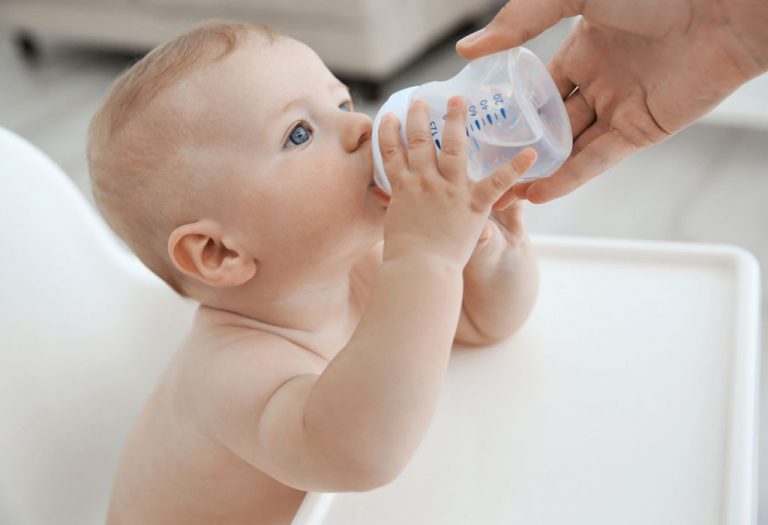
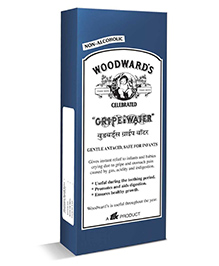




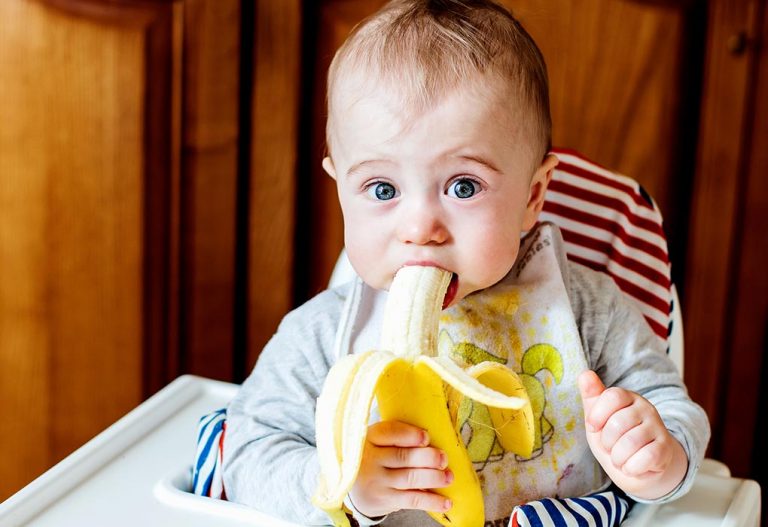

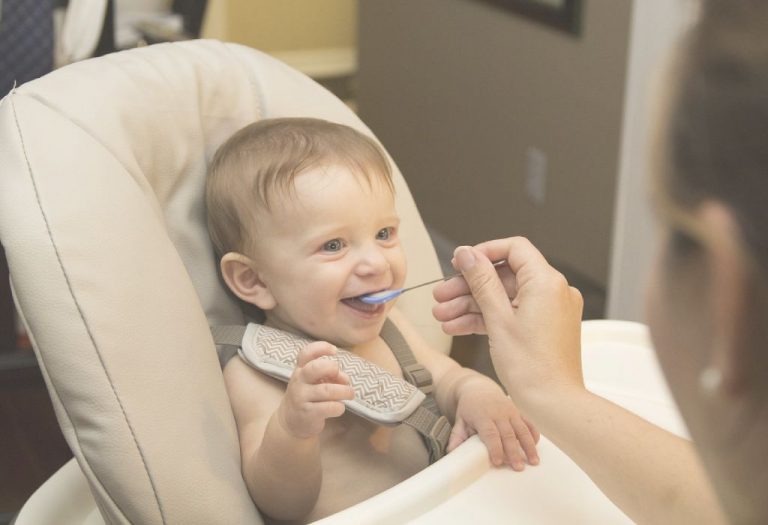

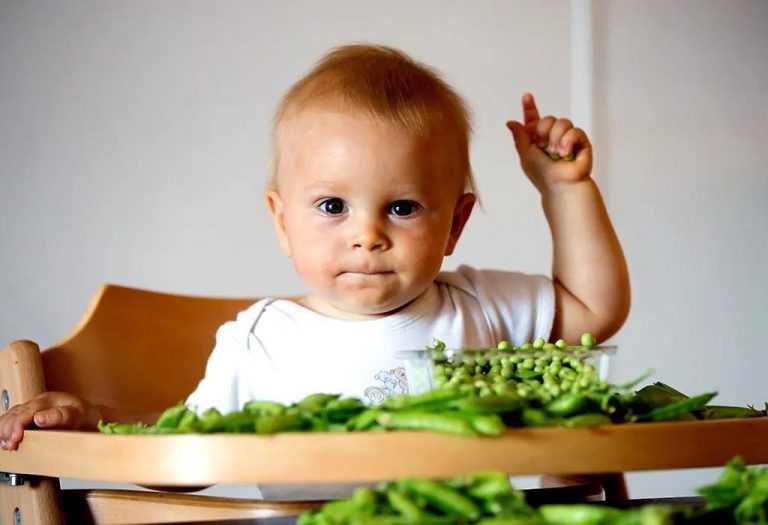


.svg)










